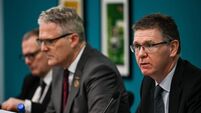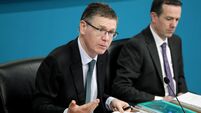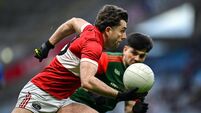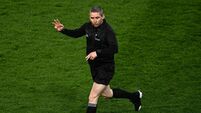GAA ‘bullied’ into Liam Miller match agreement, while decision forced rulebook revision
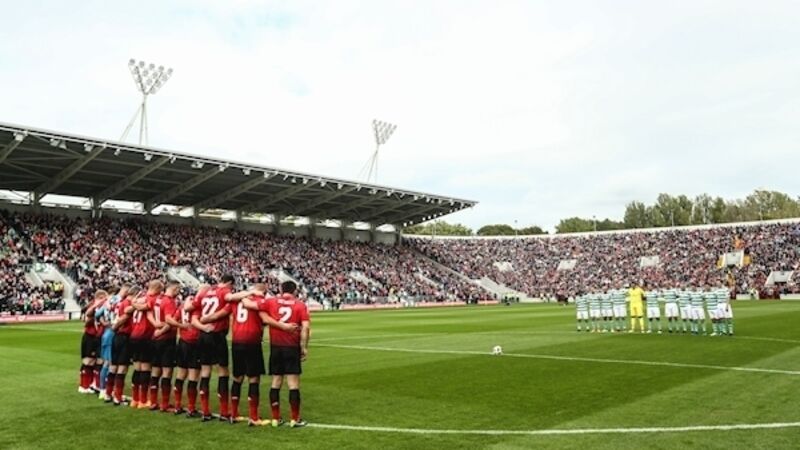
Last September’s Liam Miller tribute game controversy has prompted the GAA to make a significant change to its rulebook, director general Tom Ryan revealed yesterday.
Ryan confirmed central powers have recommended a motion similar to one put forward by Clare’s Noel Walsh to empower Central Council to make available GAA grounds as well as Croke Park to other sports. As it stands, they have only have that authority for Croke Park arising from a rule change in 2010 following the hosting of rugby and soccer games between 2007 and ‘09.







